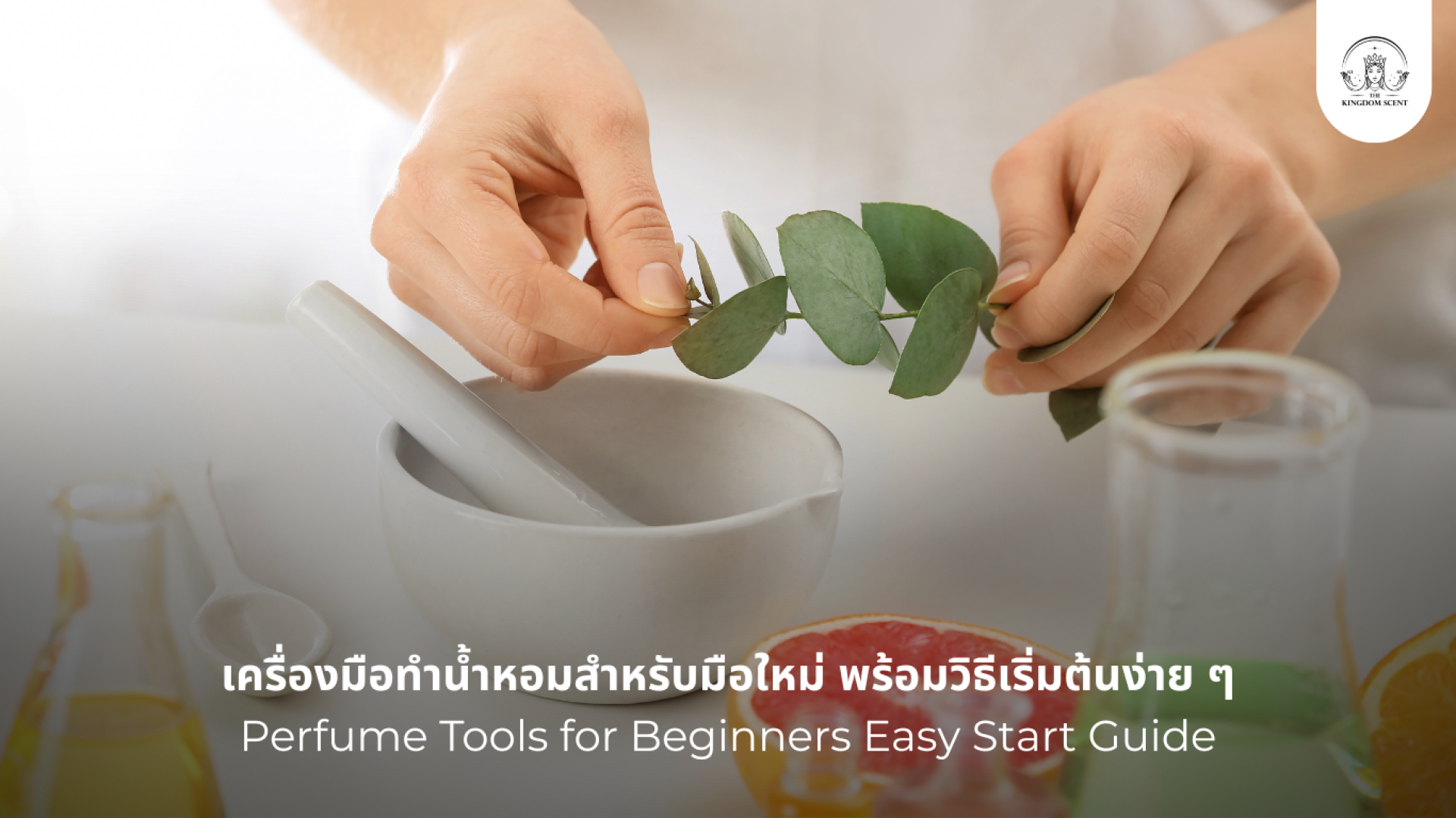Perfume Tools for Beginners Easy Start Guide

Must-Have Equipment & Tips for Creating Your Own Signature Scent
Making your own perfume (DIY Perfume) isn't just a fun and creative hobbyits a personal journey into the art of scent, where you can express your identity through fragrance. Understanding the basic tools and foundational knowledge is the first step in exploring this fascinating olfactory world.
In this article, well walk you through the essential tools needed to make perfume at home, especially for those starting from scratch. Youll also find useful tips and precautions to help you begin crafting your first custom scent with confidence.
1. Beaker
Beakers are the main containers used for mixing and measuring liquids in perfume formulas. They come in a variety of sizes, from 10 ml up to 250 ml or more.
Why use them?
Beakers made from chemical-resistant glass help prevent unwanted reactions with ingredients. They also allow you to clearly see liquid levels while blending.
Beginners Tip: Start with a 50 ml beaker to minimize waste and conserve raw materials during early experimentation.
2. Digital Scale
Precision is key in perfumery. A digital scale with 0.01g accuracy is essential when measuring perfume oil, alcohol, and distilled water.
Recommendations
Choose a scale that supports at least 500 grams
Always use clean trays or containers
Double-check your measurements for formula consistency
3. Stirring Rod
Stirring rods (preferably glass) are used to gently mix ingredients during the blending process. It's important to choose materials that wont chemically react with the fragrance compounds.
*For advanced users, a magnetic stirrer can offer more consistent blending for larger or more complex batches.
4. Test Tubes / Vials
Once you've created a formula, youll need small vials to store your samples for maceration (the aging process) or for preliminary testing.
Tips
Use amber or dark-colored glass bottles to prevent degradation from light
Always seal tightly and label each sample clearly
5. Safety Equipment
Even small-scale perfumery requires safety precautions to protect yourself from potential chemical exposure.
Recommended items
5.1 Latex or nitrile gloves
5.2 Safety goggles
5.3 A mask with odor filtration to prevent inhalation of strong substances during mixing
6. Key Perfume Ingredients
While not equipment per se, beginners should familiarize themselves with these three essential components.
Perfume oil or essential oil
High-purity ethanol (95% or above)
Distilled water
Basic starting ratio (EDP/EDT formula)
Perfume Oil: 15-30%
Alcohol: 70-85%
Water: 0-5% (depending on the recipe)
Things Beginners Should Know
Perfume isnt ready right after mixingit requires maceration (aging) for at least 24 weeks to allow notes to fully blend.
Document every formula you try, including amounts, ingredients, and scent impressions.
Understand fragrance structure: top, middle, and base notes play different roles in how a scent evolves over time.
Work in a clean, scent-free, temperature-controlled space for more accurate results.
Feeling Overwhelmed by Tools and Steps? Let The Kingdom Scent Help
While DIY perfume can be rewarding, many beginners soon realize
It involves more tools than expected
Ingredients can be expensive and hard to source in small quantities
The process can be complex and time-consuming
Final results might not be as harmonious or long-lasting as desired
If youre short on time, unsure where to begin, or simply want a professionally crafted scent without all the guessworkThe Kingdom Scent is here for you.
We offer custom fragrance design services, where our expert perfumers craft unique perfumes that reflect your personality, style, or brand. No need to purchase expensive equipment or experiment endlessly. Just tell us what you want, and well bring your scent to life.
Custom Fragrance Design Service
Handcrafted formulas by professional perfumers
Interested in designing your signature scent with The Kingdom Scent?
Visit us at www.thekingdomscents.com


